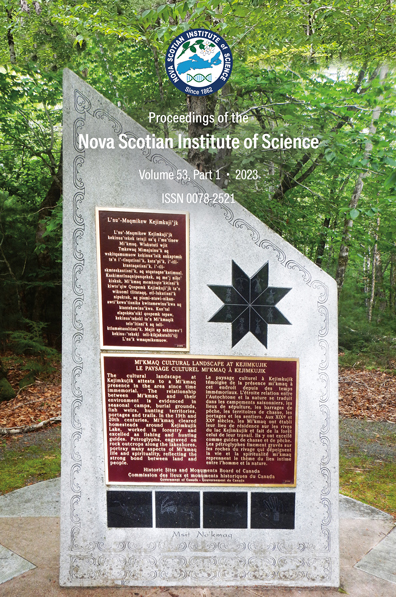Turn on the lights! Fundamental science leads to scientific progress: A perspective from developmental biology
DOI:
https://doi.org/10.15273/pnsis.v53i1.11807Abstract
Many of the ways in which we interact with the world around us have been shaped by the dual efforts of fundamental and applied sciences. Generally speaking, fundamental science generates knowledge about how things work at a fundamental level, and applied science employs this body of knowledge to create a new product or overcome an existing challenge. Developmental biology is a classic example of fundamental science that drives several avenues of applied science. For example, understanding how cells, tissues, and organs develop, and are coordinated within a functioning organism can form the basis for diagnosing medical conditions and exploring treatments. As a developmental biology lab researching bone and cartilage in birds and fish, we are acutely aware of the disparity in financial support between fundamental and applied science research in Canada. Funding cutting-edge applied research with immediate impacts on society is attractive and more easily justifiable to tax payers. However, funding grassroots fundamental science research is equally important but receives significantly less attention and support because the impacts are harder to predict and are longer-term.
This commentary addresses this inequity in science funding and high-lights the dire need to improve supports for early career scientists.


